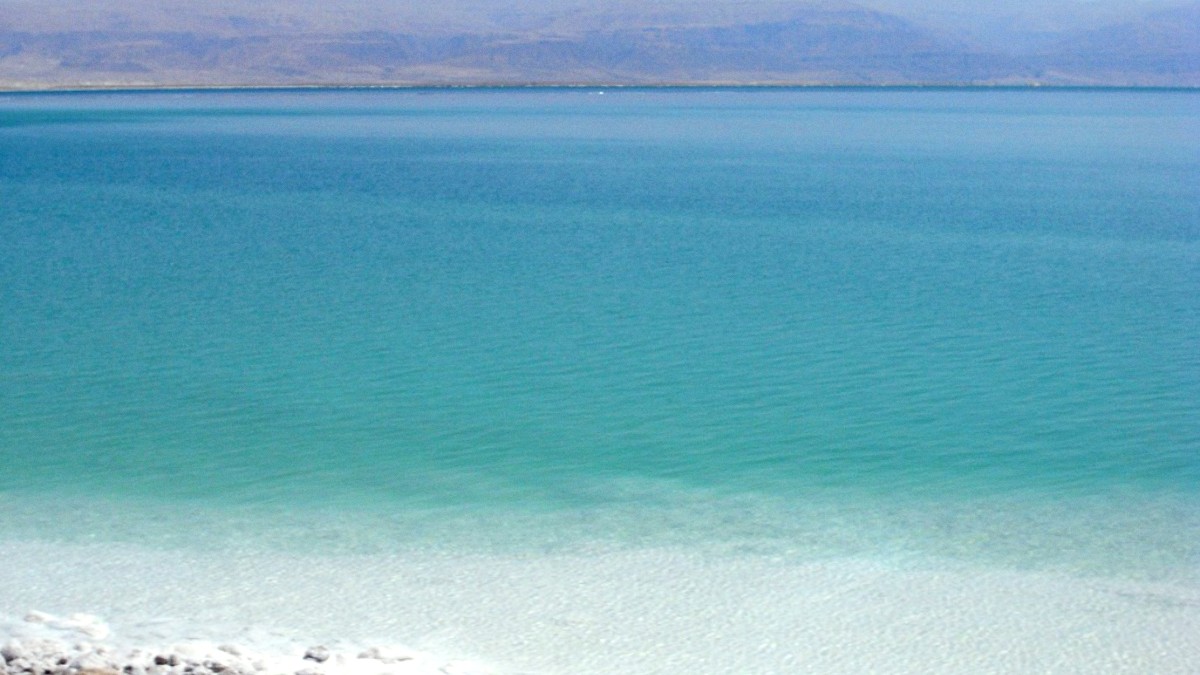
Israel And The Palestinian Territories
The cuisine in the Dead Sea region largely Israeli. It influences from Middle Eastern, Mediterranean, and Eastern European culinary traditions. It fresh ingredients, olive oil, herbs, vegetables, and grilled meats.
In Palestinian areas like Jericho, the cuisine leans more towards traditional Levantine Arabic dishes, a rich history of culinary exchange.
Common ingredients olives, chickpeas, tahini, eggplant, tomatoes, cucumbers, and fresh herbs like parsley, mint, and cilantro. Lemon and garlic flavor bases. Spices like cumin, za'atar, and sumac distinct tastes.
Distinct regional variations less common specifically within the Dead Sea area itself, as dining options in the resort areas often hotel-based. However, Palestinian cuisine in Jericho distinct flavors and preparations compared to typical Israeli fare.
Casual dining is common. Always check for Shabbat closures. Kosher certification common in Israeli establishments. Tipping 10-15% expected.
A creamy dip made from mashed chickpeas, tahini, lemon juice, and garlic. Find it everywhere.
Widely available.
Deep-fried balls or patties made from ground chickpeas and spices. Served in pita bread with salad and tahini.
Popular street food.
Thinly sliced, marinated meat cooked on a vertical spit. Served in pita or laffa bread with salad and sauces.
Another popular street food.
Mainly found within the luxury hotels in Ein Bokek. These international cuisine and sometimes upscale Israeli options.
Limited independent mid-range restaurants exist directly in the Dead Sea resort area. Most dining happens within hotels. More options in nearby towns like Arad.
Relatively easy to find. Israeli cuisine many plant-based dishes like hummus, falafel, salads, shakshuka, sabich, and grilled vegetables.
Kosher common in Israeli hotels (no pork, no shellfish, no meat/dairy mix). Halal more prevalent in Arab towns and Palestinian areas.
Awareness growing. Communicate your needs clearly to restaurant staff. Israeli salad, grilled meats, and rice dishes often naturally gluten-free.
Not typically directly at the Dead Sea. More common in major cities like Jerusalem or Tel Aviv for local dishes.
Consider tours from GetYourGuide for a broader culinary experience in Israel.
Some agricultural communities exist, but not typically open for tourist visits. Limited options for direct interaction.
Focus more on tasting ready dishes.
Limited to hotel entertainment programs. Check hotel schedules.
None specific to the Dead Sea. Visit major cities for these.
Not a feature of the Dead Sea resort area, which caters more to relaxation.
Focuses on local products and souvenirs. Traditional markets in Jerusalem or Jericho.
A pita sandwich stuffed with fried eggplant, hard-boiled eggs, hummus, tahini, Israeli salad, and amba.
A unique and satisfying street food.
Finely diced tomatoes, cucumbers, onions, and bell peppers, dressed with olive oil and lemon juice.
Accompanies almost every meal.
Mainly found within luxury hotels in Ein Bokek. Offer international and upscale Israeli cuisine.
Street food largely absent in Ein Bokek. Find options in cities like Beersheba, Jerusalem, or Jericho.
Relatively easy to find. Israeli cuisine many plant-based dishes like hummus, falafel, salads, shakshuka, sabich, and grilled vegetables.
Awareness growing. Communicate your needs clearly to restaurant staff. Israeli salad, grilled meats, and rice dishes often naturally gluten-free.
Online forums and dedicated apps or websites for kosher, halal, or gluten-free restaurants in Israel for finding suitable dining spots.
Breakfast: Typically large and varied, often buffet-style in hotels. Lunch: Often lighter, or sometimes the largest meal of the day. Dinner: The main meal, usually eaten later in the evening.
Plan your meals around these timings.
Giving a tip of 10-15% is customary in sit-down restaurants.
A common practice across Israel.
Not typically offered directly at the Dead Sea. These are more common in major cities like Jerusalem or Tel Aviv.
Some agricultural communities exist in the Dead Sea region, but they are not typically open for tourist visits.
Not specific to the Dead Sea, but broader Israeli or Palestinian food festivals occur throughout the year in various cities.
To fully appreciate the diverse culinary offerings, venture beyond hotel restaurants into nearby towns or cultural hubs.